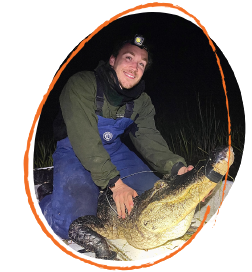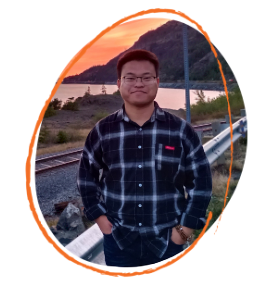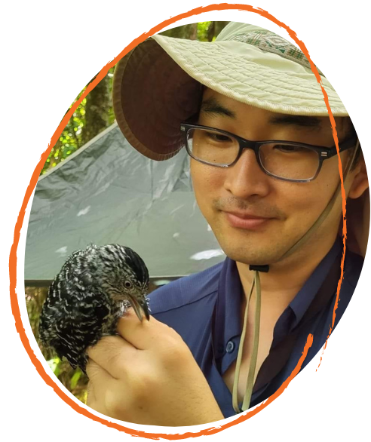-1-494x602.png)
Dr. Luke Flory
Institute Director
Luke Flory's research focuses on the mechanisms and impacts of non-native species invasions with the goal of understanding mechanisms and impacts of invasions, and the long-term consequences of interactions between invasive species and other global change drivers such as climate change, emerging pathogens, and urbanization. The Flory Lab explores basic and applied questions in natural and managed ecosystems such as the highlands of Galápagos, urban sites in Zagreb, Croatia, eastern deciduous forests in the US, and pine forests and managed systems in Florida. Luke has been named a Fulbright U.S. Scholar, Florida Climate Institute Distinguished Faculty Fellow, UF Research Foundation Professor, and UF International Educator of the Year. He holds a M.Sc. in Applied Ecology and a Ph.D. in Ecology and Evolutionary Biology from Indiana University.

Paul Evans
Research Coordinator
Paul, ISI's Research Coordinator, works with affiliated partners and internal and external boards to create innovative and necessary research. He studies terrestrial invasive species dispersion, community ecology, and community-based education and reporting. He earned his bachelor's from the University of South Florida and his MSc. in Ecology and Conservation from Aberdeen. He uses wildlife education, scientific research, and public involvement to fill conservation knowledge gaps. He previously collaborated with biologists to study herpetofauna and crocodilians in South Florida, the Caribbean, and endangered Central American species. He is delighted to continue his work in Florida after raising awareness of lesser-studied species in Alaska and Scotland.

-499x607.png)

-508x590.png)
